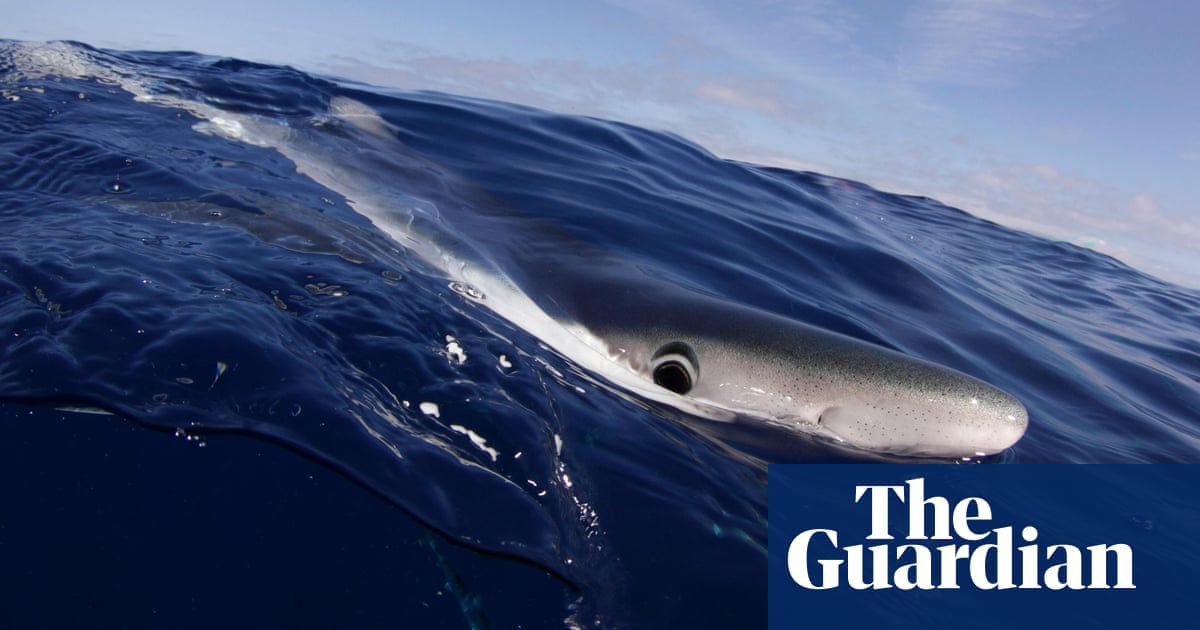Wild sharks off the coast of Brazil have tested positive for cocaine, according to new study by Brazilian scientists, in the latest research to demonstrate how illegal drug consumption by humans is harming marine life.
According to a study entitled Cocaine Shark and published in the journal Science of the Total Environment, scientists dissected the bodies of 13 sharpnose sharks (Rhizoprionodon lalandii) caught in fishermen’s nets off a beach in Rio de Janeiro.
All 13 tested positive for the drug.
Previous studies have found cocaine in river, sea and sewage water, and traces of the drug have been found in other sea creatures such as shrimps.
A separate study recently revealed that high levels of cocaine residue were causing “serious toxicological effects” in animals such as brown mussels, oysters and eels in Santos Bay, in the Brazilian state of São Paulo.
But the concentration found in the Rio sharks was 100 times higher than had been found in other marine animals, the researchers said.
How the cocaine ended up in the sharks remains a mystery.
There are a few possibilities: one is that the drug fell in the sea during transshipment or was dumped in the sea by smugglers attempting to evade authorities.
Brazil does not produce large amounts of cocaine, but is a major exporter, with powerful street gangs such as the First Capital Command (PCC) sending tonnes of the drug in shipping containers to Europe.
Another possible explanation is that the cocaine reached the sea in sewage discharges – and from there passed into the sharks.
“Regardless of where the drug came from – which is still not possible to determine – the results show that cocaine is being widely traded and moved in Brazil,” said the study coordinator, Enrico Mendes Saggioro, from the Oswaldo Cruz Institute.
“Cocaine has a low half-life in the environment … so, for us to find it in an animal like this, it means a lot of drugs are entering the biota,” he said.
“In other studies, I had already found cocaine in rivers flowing into the sea off Rio, but it was a surprise to find it in sharks – and at such a high level,” said Saggioro.
Another concern is that the sharpnose shark is a common part of the Brazilian diet, raising the possibility that cocaine residues could possibly pass from the fish to humans.
“We do not know the level of impact it may have on humans, which will need to be the focus of future studies. But in any case, it serves as a warning,” said the researcher.

